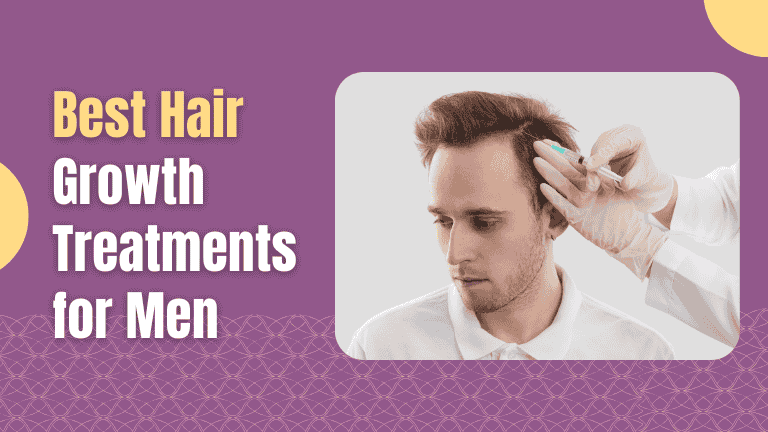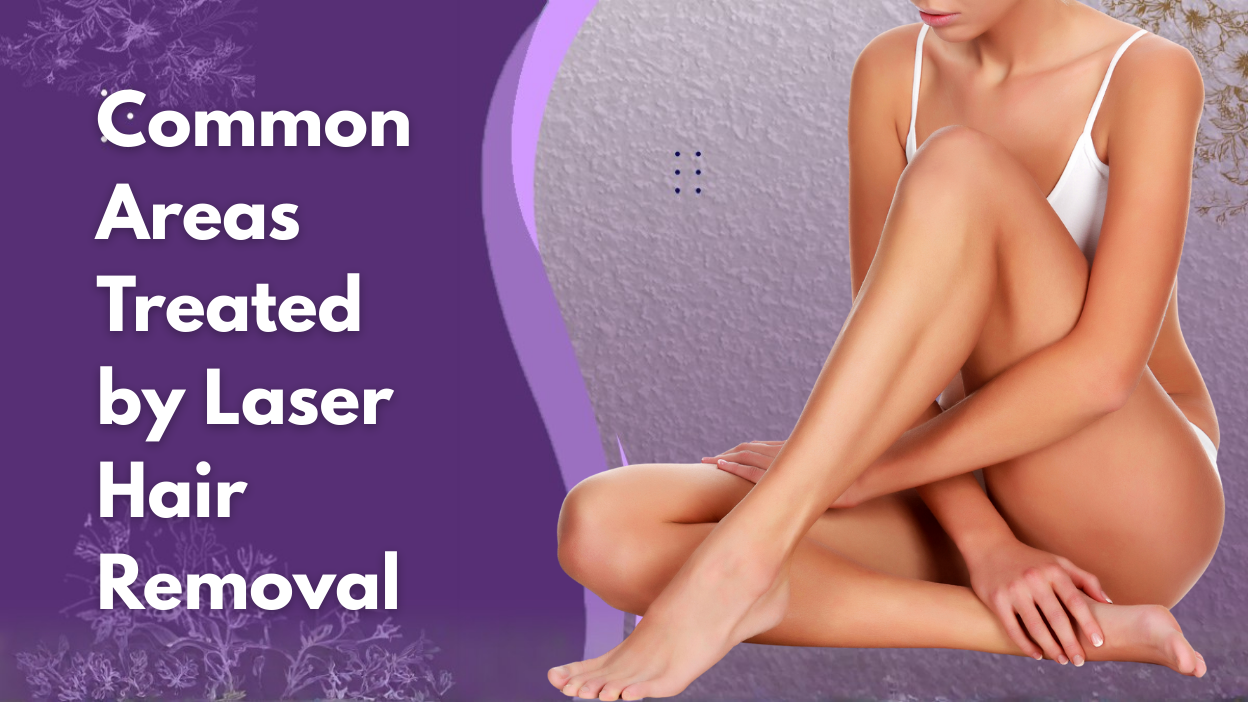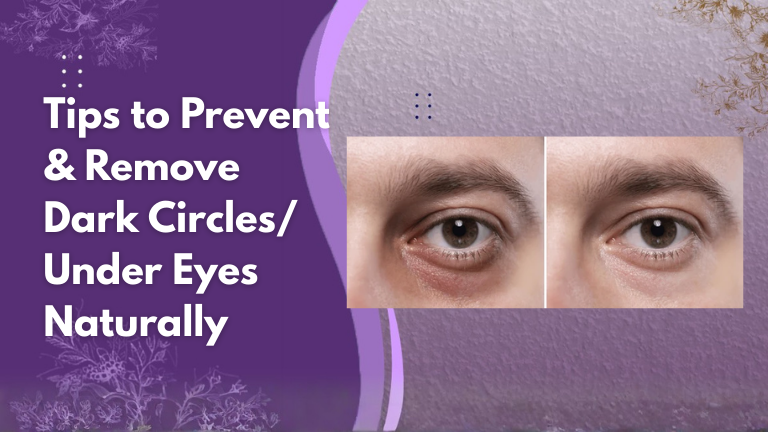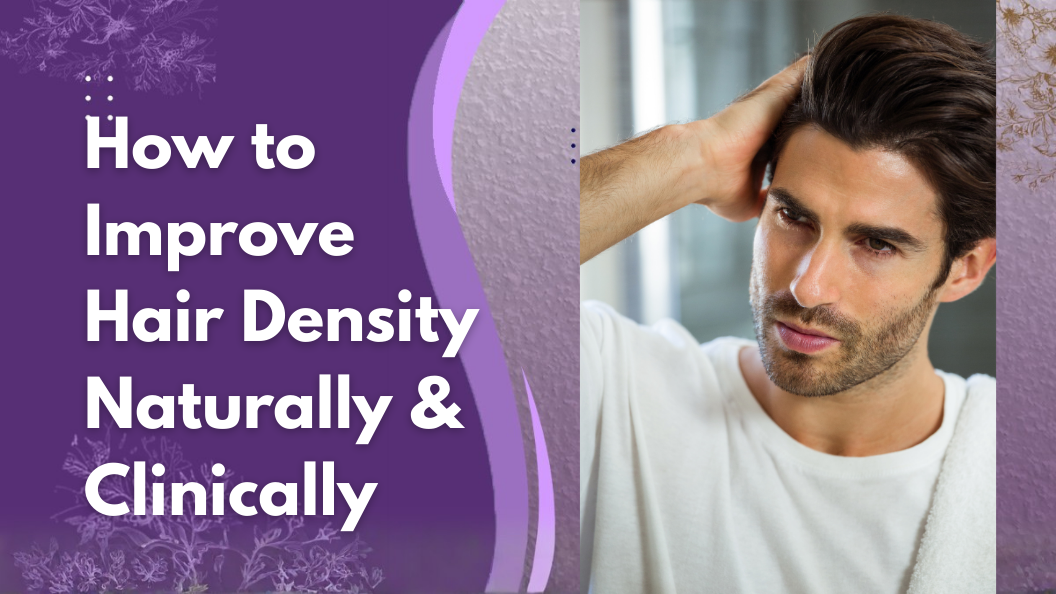Let’s talk about it. You see a few too many hairs on your pillow in the morning. Or you catch a glimpse in the mirror and think, ‘Wait, has my hairline always looked like that?’ Losing your hair is a quiet, frustrating thing that can really mess with your head.
You hop online looking for answers. And what do you find? A million different “miracle” cures. Shampoos, oils, strange-looking gadgets. It is enough to make anyone feel lost. You just want a straight answer to a simple question: what actually works?
If you are tired of playing guessing games and just want to know your options, you are in the right place. This guide is here to cut through all that noise. We are going to talk about the real, proven treatments that can help. No confusing science words. Just a simple, honest look at what you can do to get your hair back on track.
What is the best treatment for hair growth in men?
This is the big question, isn’t it? The one everyone wants the answer to. But the truth is, there is no single “best” treatment for every guy. The right choice for you depends completely on why your hair is thinning.
For most men, the reason is simple: genetics. It is something passed down in the family, often called male pattern baldness. But for other guys, it could be stress, not getting the right nutrients, or something else.
So, what is the best treatment for hair growth in men? It is a plan made just for you. A real plan from a doctor usually mixes a few key things.
- Medical Treatments: These are the proven, science-backed options. Things like lotions or pills that work to stop hair loss where it starts.
- Clinic Procedures: These are treatments you get at a doctor’s office, like PRP or a hair transplant. They can give your hair a powerful boost.
- Lifestyle Support: This is the foundation. Eating good food and keeping stress in check can make a huge difference for your hair.
The best treatment is not just one thing. It is a smart mix of these ideas, guided by a pro who knows your situation.
How to stop hairfall?
Watching your hair fall out is a stressful feeling. It can make you feel like you are not in the driver’s seat. But you can grab the wheel. There are real, simple things you can do to get a handle on it.
So, how to stop hairfall? You start by looking at your day-to-day routine.
First, the easy stuff:
Wash your hair nicely. Don’t scrub your head like you’re trying to remove a stain. A gentle shampoo and a soft massage with your fingertips work wonders.
Cool it with the hot water. Super hot showers can be tough on your scalp. Lukewarm water is much friendlier to your hair roots.
Check your styling products. Some gels and sprays are packed with harsh stuff. Look for simpler things that won’t make your scalp angry.
Next, think about your life:
You are what you eat. Your hair is literally made from the food you eat. Protein and iron are the big ones.
Find your chill. Seriously. Big-time stress can make your hair fall out. Finding a way to relax is good for your whole body, especially your hair.
Then, call in an expert:
If you do all this and you are still shedding, it is time to talk to a doctor. A dermatologist can figure out what is really going on and point you toward proven medical treatments.
How to regrow hair 100%?
Okay, the million-dollar question. Can you get all of it back?
It is a nice thought, but let’s be real. For most guys, getting back to the exact head of hair you had at 18 is not very likely. Especially if you have been thinning for a while.
But that is okay. Because what you can get back is still amazing.
So, how to regrow hair 100%? While that number is a long shot, you can get incredible, life-changing results. The goal is a full, natural look that makes you feel great.
If you act early, when you first notice thinning, treatments like Minoxidil and PRP can regrow a lot of hair. The results can be super impressive.
If it is more advanced, for bigger areas of hair loss, a hair transplant is the closest thing to a miracle we have. A surgeon moves your own healthy hair from the back of your head to the front. That hair is permanent. It will not be as dense as your teenage hair, but it can give you a full, natural hairline that changes everything.
The trick is to focus on what is possible. And what is possible today is pretty great.
What is PRP for hair loss?
You might have heard people talking about PRP. It sounds complicated. But the idea behind it is actually simple and totally natural.
PRP is short for Platelet-Rich Plasma. Think of it like a personal, super-charged repair team for your scalp. And the best part? That repair team is made from your own blood.
So, what is PRP for hair loss? It is a simple, three-part process.
A Quick Blood Draw: A doctor takes a small amount of blood from your arm, just like a normal blood test.
The Spin Cycle: That blood goes into a special machine that spins it really fast. This separates your blood into different layers. One of those layers is a golden liquid packed with “growth factors.” This is the good stuff your body uses to heal itself.
Putting It to Work: The doctor then takes that liquid gold and injects it in tiny amounts right into your scalp, where the hair is thinning.
These growth factors tell your sleeping hair roots to wake up, get stronger, and start growing again. It is a safe, natural way to power up your own hair growth.
Which vitamin is good for hair?
Your hair needs the right fuel to grow. Just like the rest of your body. If you are missing some key vitamins, your hair will let you know.
So, which vitamin is good for hair? It is not just one. It is a whole team. Here are the most important players for men.
- Biotin: This is the famous “hair vitamin.” It helps your body build keratin, the protein your hair is made of.
- Iron: This one is huge. Iron helps carry oxygen around your body. Without enough oxygen, your hair roots just can not do their job.
- Zinc: Zinc helps with hair growth and repair. It also keeps the oil glands on your scalp working right.
- Vitamin D: You know this one. The sunshine vitamin. Low levels have been linked to hair loss.
- Vitamin E: This is an antioxidant that helps protect your scalp and keep it healthy.
You can get most of these from eating good food. But if you think you are low, a doctor can do a simple blood test to find out for sure.
Which home remedy is best for hair growth?
Go online, and you will find people suggesting all sorts of weird stuff. Onion juice, egg masks, coffee. It can get strange.
The truth? Most of these home remedies do not have much real science behind them. They might make your hair feel nice for a bit, but they probably will not stop real hair loss.
So, which home remedy is best for hair growth? While most are not proven, there is one that has some interesting science behind it.
Rosemary Oil: A few studies have suggested that rosemary oil might be as effective as a low-strength minoxidil lotion for helping with hair growth. It is thought to work by improving circulation to the scalp. You can try mixing a few drops with a carrier oil like coconut or jojoba oil and massaging it into your scalp a few times a week.
Just remember to keep your hopes in check. A home remedy can be a nice, supportive part of your routine. But it is not a replacement for a proven medical treatment, especially if your hair loss is genetic.
Conclusion
So, what is the bottom line?
Losing your hair is tough. It can make you feel worried and a little less like yourself. But it is important to know that you are not the only one going through this. It is a super common experience for men.
The best part is, you have real options that work. You do not have to just accept it. From proven medicines to powerful clinic treatments, there are more good choices today than ever before.
You do not have to figure this out alone. The best first step you can take is to just talk to a doctor. A dermatologist can give you a clear answer, cut through the confusion, and build a simple, effective plan that is right for you. It is the first step to getting your hair and your confidence back.
FAQs
- When does hair loss usually start for guys?
It can really start anytime after your teen years. Some guys see it in their early 20s, while others might not notice anything until they hit their 30s or 40s. If it’s the classic male pattern baldness, it’s just in your genes.
- Does a hat make you go bald?
This is a huge myth. Nope, wearing a normal hat or helmet will not cause hair loss. The only way it could be a problem is if the hat is so tight that it is actually pulling on your hair constantly.
- If I stop taking hair loss medication, will my hair fall out?
Yes, most likely. Medications like finasteride and minoxidil work by supporting the hair follicles. If you stop taking the medication, that support goes away, and any hair that was kept or regrown because of it will likely shed over the next few months.
- How much does a hair transplant cost?
The cost varies a lot depending on where you live, the clinic you choose, and how much hair you need transplanted. It is usually priced per graft, which is a tiny piece of scalp with a few hairs. A small procedure might be one price, while a full restoration will be much more. The only way to get a real, accurate number is to have a consultation with a surgeon.
- Can stress really cause my hair to fall out?
Yes, absolutely. A major physical or emotional stress event can cause a type of hair shedding called telogen effluvium. The good news is that this type of hair loss is usually temporary. Once the stress is managed, the hair typically grows back.
Also Read: Botox: A Simple Guide to the Treatment, Recovery, and What to Expect




